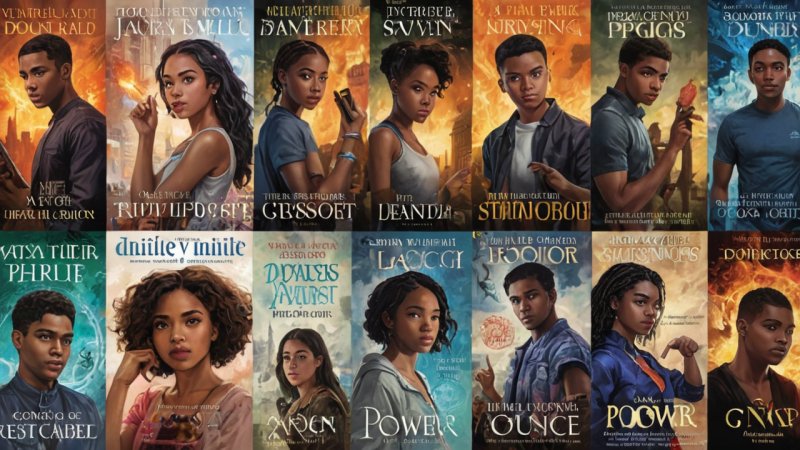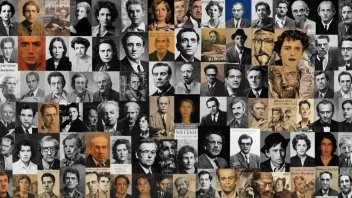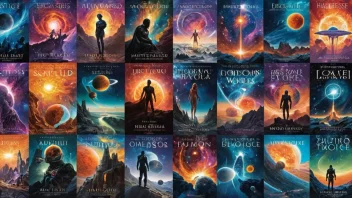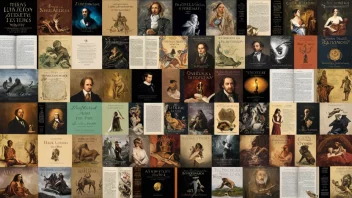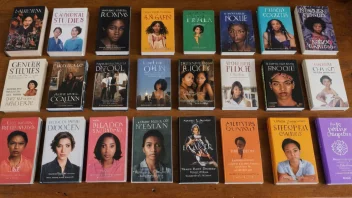Young adult literature has long been a powerful medium for exploring complex themes, and one of the most prominent of these is the theme of power and control. Through captivating narratives and relatable characters, YA authors tackle the struggles of adolescents as they navigate the often turbulent waters of authority, autonomy, and societal expectations. In this article, we delve into five key ways that young adult literature addresses these themes, inviting readers to reflect on their own experiences of power dynamics in their lives.
1. Rebellion Against Authority
Many young adult novels center around protagonists who rebel against authoritative figures, whether these be parents, teachers, or societal norms. This theme highlights the desire for independence and the quest to assert one's identity. Books such as The Hate U Give by Angie Thomas illustrate how characters challenge systemic injustices, offering a voice to the marginalized and encouraging readers to question the status quo.
2. The Struggle for Self-Identity
Another prevalent theme in YA literature is the struggle for self-identity amidst external pressures. Characters often grapple with expectations placed upon them by family, peers, or society at large. In novels like Simon vs. The Homo Sapiens Agenda by Becky Albertalli, we see the protagonist's journey toward self-acceptance and the reclamation of personal power. This struggle resonates with many young adults, as it reflects their own challenges in defining who they are.
3. Relationships and Power Dynamics
Power dynamics within relationships are critically examined in young adult literature. Authors explore how love, friendship, and loyalty can shift the balance of power and control between characters. For instance, in Thirteen Reasons Why by Jay Asher, the relationships depicted reveal how manipulation and emotional control can lead to devastating consequences. These narratives encourage readers to reflect on the health and equity of their own relationships.
4. Societal Structure and Class Struggle
Many YA novels delve into the impact of societal structures and class struggle on individual lives. Through dystopian settings or contemporary issues, authors illustrate how power is wielded within society and the implications for those at different levels of the social hierarchy. Titles like Divergent by Veronica Roth offer a stark portrayal of societal divisions and the fight against oppressive systems, inspiring young adults to consider their role in shaping society.
5. Empowerment Through Community
Lastly, a recurring theme in young adult literature is the empowerment that comes from community and collective action. Characters often find strength in solidarity, whether through friendships, alliances, or social movements. Books like We Are Not Yet Equal by Anita Hill and Alicia Garza emphasize the power of coming together to confront injustice and create change. This theme resonates deeply with readers, reminding them of the importance of support and collaboration in their own lives.
In conclusion, young adult literature serves as a rich tapestry for exploring themes of power and control, reflecting the real-life struggles faced by adolescents. From rebellion against authority to the complexities of relationships and societal structures, these narratives not only entertain but also educate and empower young readers. By engaging with these themes, readers are invited to question, reflect, and ultimately find their voice in the world.
